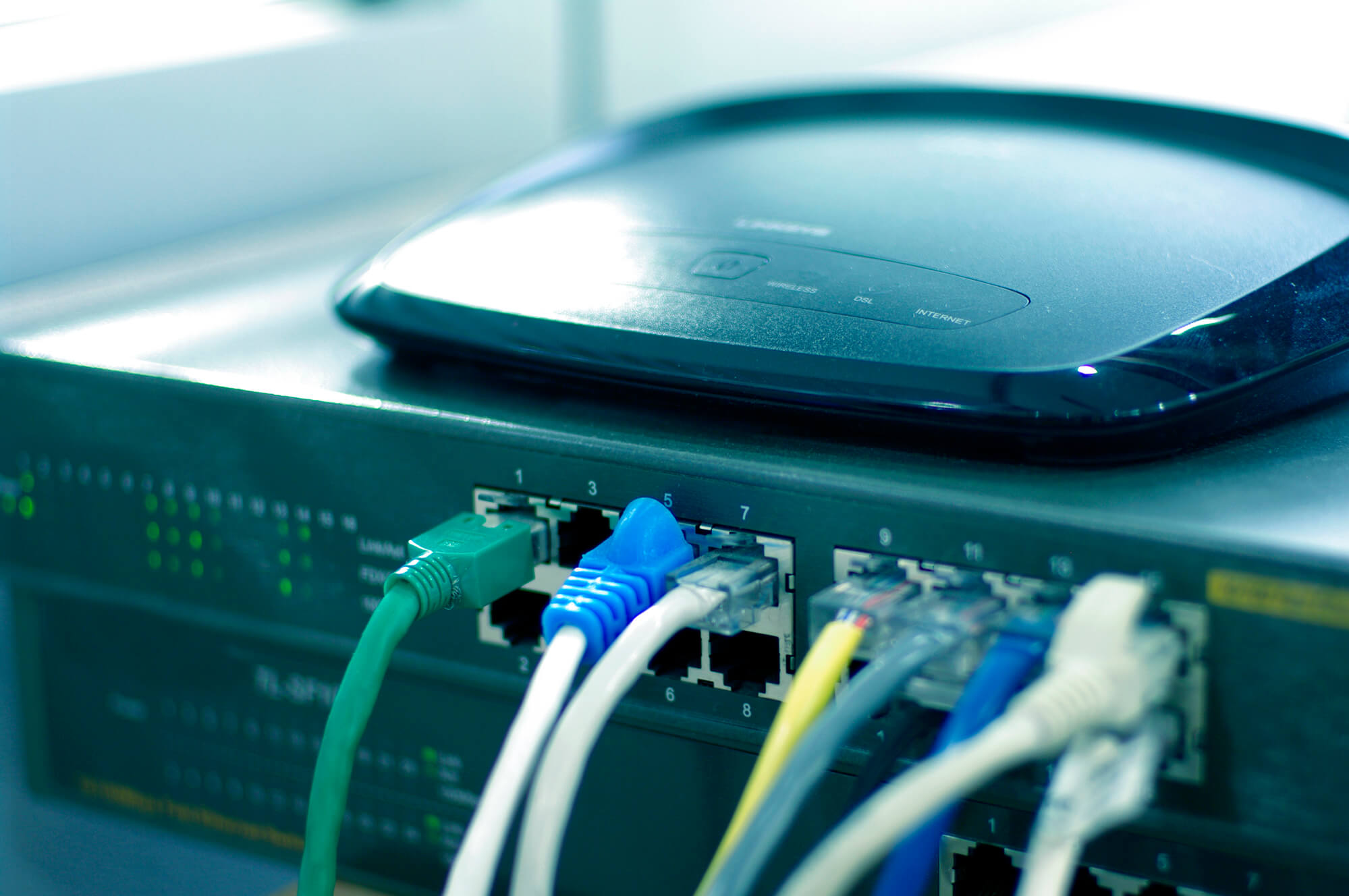
Wired vs Wireless Connections
As one of the leading managed IT service providers in Western Canada, we field a lot of technical questions every day. We’re firm believers that there’s no such thing as a stupid IT question, since asking questions is a great way to learn. This week we decided to focus on one of the questions we see a lot, and that’s asking us to weigh in on the seemingly never-ending debate between which is better—wired or wireless internet.
You’d be surprised how divisive this debate can be, especially depending on the community you’re asking. Gamers looking to minimize lag will almost certainly come down on the wired side of the debate, while those focused on convenience over speed tend towards the wireless end of the spectrum.
Of course, your average gamer or everyday user likely isn’t an IT professional (no matter how much the gaming community may protest), so what do the experts actually say about this subject, you wonder?
Well, the answer is an unsatisfying “it depends.” Both wired and wireless connections have their benefits and drawbacks, and which direction your business chooses to go will depend on your specific needs. Most organizations ultimately wind up using a combination of the two.
There are four main factors to consider when deciding what type of connection to use: Speed, visibility, security, and cost.
- Speed: Wi-Fi has been around for a long time now, and LTE/5G connections are pretty zippy compared to their predecessors. Nevertheless, it’s unlikely wireless connections will ever really be able to match wired ones when it comes to sheer speed. Blisteringly fast data throughput is only useful if you truly need it though, so make sure you have a good understanding of what your speed requirements are. Just because wired connections are faster doesn’t necessarily make them better for every user.
- Reliability: If you’ve ever had to connect to a wireless network, then you’ve likely seen a long list of networks that you have the option to connect to. These networks are visible. When one wireless network can see another, interference can cause lag or even dropped signals. In fact, even just furniture is sometimes enough to obstruct or interfere with signals, depending on the layout of your home or office.
- Security: Wired connections are more secure because wireless connections rely on transmitted radio signals that can be intercepted if not encrypted using the WEP or WPA2 standards. Fortunately, pretty much every wireless device these days uses those standards, so while wireless networks are technically less secure, as long as you have a team of qualified IT and cyber security professionals on your side, you should be fine.
- Cost: This is where wireless networks often shine. Wired internet connections require significantly more investment in order to plan, lay, and house the wires and equipment. Wireless networks usually just need a modem/router hung from the wall somewhere. Physical maintenance of wired equipment is another key issue; a faulty cable somewhere in your office walls means you’ll be ripping down drywall just to make a quick fix.
As you can see, wired internet connections are superior to wireless ones in terms of speed, reliability, and security, but at a higher price (as usual). So once again, we come to the same conclusion as in many other IT controversies—which option is right for your business depends more on business needs than on either alternative being an absolute superior over the other. The wired vs. wireless debate is just one more great reason to have a team of qualified IT professionals helping figure out your actual internet usage requirements and the most effective way of meeting them.
If you’d like help determining which connection type is right for your business, or for any other internet connection questions you may have, contact TRINUS today.

















